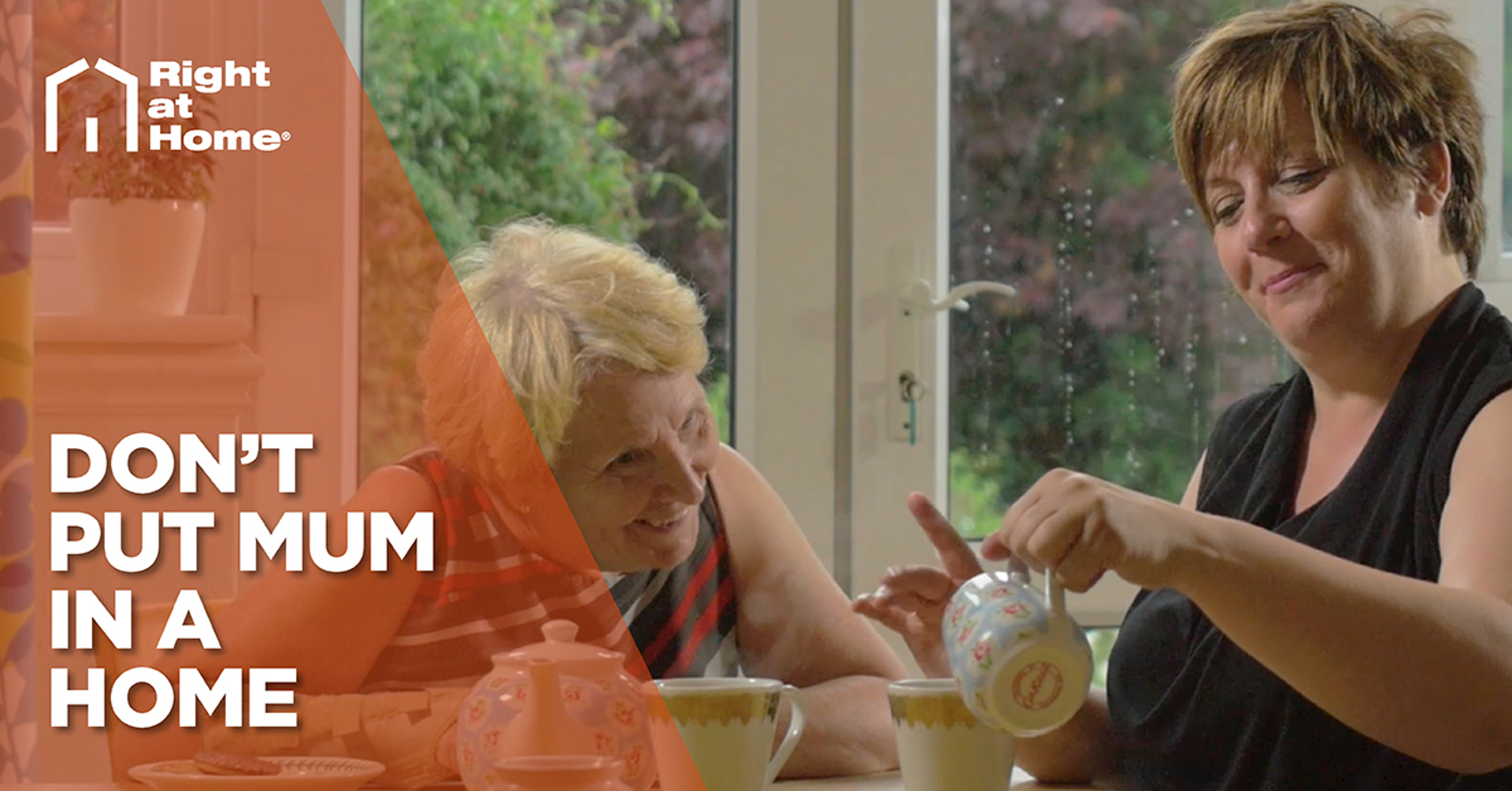Is there an alternative to Residential Care?
Published: 01/03/2019
Choosing the right type of care for an elderly relative can be a difficult and sensitive decision. There are many factors to consider.
If you are considering Residential Care, your relative is probably already benefiting from support with housework, shopping, cooking meals, washing and physical assistance and possibly personal and continence care, through hourly home care.
But, when there’s a change of circumstances and more support is required, the physical, emotional and financial effects that come with choosing Residential Care can feel like a huge step.
When you reach this stage, 24-hour Live-in Care is an alternative or interim level of care that you can consider.
When is the right time to consider Live-in Care?
Many of our clients start with hourly home care then move to 24-hour Live-in Care. The decision to change is generally based on one or all of the following:
- When additional support during the night is required and the daily care is around 5 hours. From a financial perspective Live-in Care can be more advantageous.
- When safety concerns have increased. It’s reassuring to know that someone is with your relative around the clock
- When hourly care cannot be planned because support it required at irregular times.
It’s worth noting that if there isn’t a room to accommodate the CareGiver or the elderly person requires nursing care, then Residential Care is likely to be the most appropriate option.
Live-in Care and dementia
Staying in one’s own home, close to neighbours and friends and having a dedicated CareGiver are all benefits of Live-in Care. These reasons are even more relevant if your elderly relative has dementia.
As specialists in supporting people with dementia, we have a deep understanding and experience in this area. There are some great specialist dementia care homes for when that stage becomes necessary, but we strongly believe that it is in the individual’s best interests to stay living at home for as long as is safe and practical.

Short term memory loss is one of the most common symptoms of dementia. The impact of moving into a care home, or even moving house, can mean they never remember where they are again.
The disorientation can be extremely distressing for the elderly person as well as the family. Up until this stage, they may have been coping reasonably well, because of the years spent in familiar surroundings.
Whether to stay at home or move a relative to a care home is a difficult decision. Sometimes there is no clear ‘right decision’.
Rather than taking the huge step to residential care, which is also difficult to go back on, consider Live-in Care for a few weeks. If something is not working, then there is always the option to change it. This might help the decision-making process.
Our advice is to follow what you feel is the best option for all concerned.
If you have a question, please get in touch.
